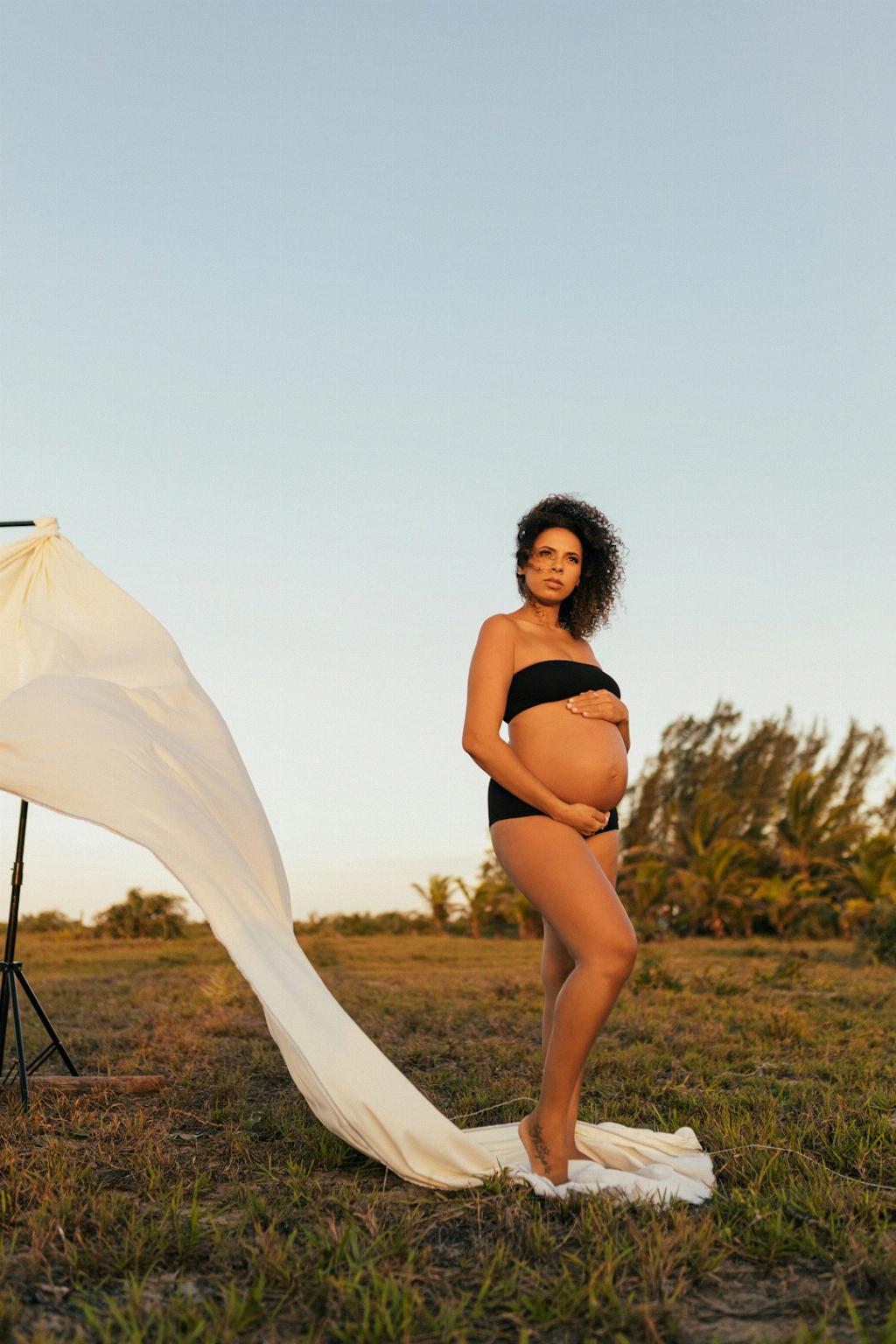One of the most common questions among women wondering if they are pregnant is when to take a pregnancy test. It’s advised to take a pregnancy test from the first day of your missed period. However, if you’re not sure about your cycle, it’s recommended to take the test at least 21 days after your last unprotected sexual intercourse. Some highly sensitive pregnancy tests claim to provide accurate results even before your missed period.
How Do Pregnancy Tests Work?
Pregnancy tests work by detecting a hormone called human chorionic gonadotropin (hCG) in your urine which is produced by the developing placenta after the fertilized egg attaches itself to the uterine wall. The amount of hCG increases rapidly in early pregnancy which is why the accuracy of the test also increases over time.
The Accuracy of Pregnancy Tests
The accuracy of a pregnancy test can differ depending on various factors such as the sensitivity of the test, how you use it, and when you take it. Waiting until you have missed your period can increase the accuracy of the test as the hCG levels are higher at that point.
How Late Should You Be for an Accurate Result?
For the most accurate results, it is recommended to wait until you have missed your period to take a pregnancy test. This is typically around two weeks after you ovulate. Taking the test too early may result in a false negative which means the test may not detect the hCG levels in your urine yet.
Factors Affecting Accuracy
Several factors can affect the accuracy of a pregnancy test. These include the sensitivity of the test, time of day when you take the test, how diluted your urine is, and whether you follow the instructions correctly. It’s important to read the instructions carefully before taking the test to ensure accurate results.
Early Pregnancy Testing
Some early detection pregnancy tests claim to provide accurate results even before your missed period. These tests are designed to detect lower levels of hCG in your urine. However, while these tests can be convenient for early testing, the accuracy may vary, and it’s still recommended to confirm the results with a follow-up test if you receive a negative result.
Understanding False Negative Results
A false negative result can occur if you take the test too early and the hCG levels in your urine are not yet detectable. If you suspect you may be pregnant but receive a negative result, it’s advisable to wait a few more days and retest or consult with your healthcare provider for further guidance.
Consulting with a Healthcare Provider
If you have concerns about the accuracy of your at-home pregnancy test or if you experience symptoms of pregnancy but receive a negative result, it’s important to consult with a healthcare provider. They can provide further guidance, perform a blood test for hCG levels, and address any questions or concerns you may have.
Seeking Prenatal Care
Once you receive a positive pregnancy test result, it’s essential to schedule an appointment with a healthcare provider for prenatal care. Early prenatal care can help monitor your pregnancy, address any potential complications, and provide essential support for a healthy pregnancy and childbirth.
Conclusion
In conclusion, for the most accurate results, it is recommended to wait until you have missed your period to take a pregnancy test. While some early detection tests claim to provide accurate results before a missed period, the accuracy may vary, and it’s advisable to confirm the results with follow-up testing. If you have concerns about the accuracy of your test or receive a negative result but suspect you may be pregnant, consult with a healthcare provider for further guidance.

